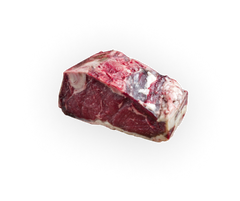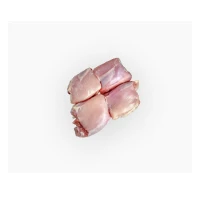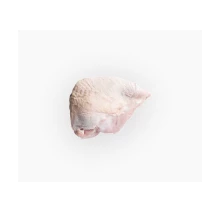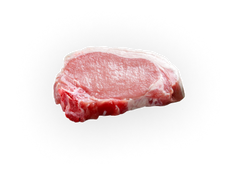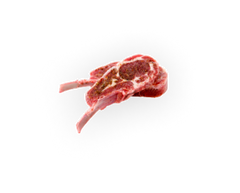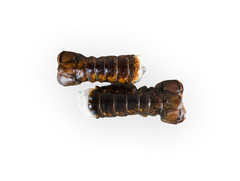Being a picky eater could save the world.
You make decisions every single day.
What to wear.
Where to shop.
What to eat.
And believe it or not, being picky about what you eat is one of the easiest ways to have a positive impact on the world around you.
Consumers like you are demanding better options when it comes to their food. You want high-quality options that are healthier for you, for your family, and for the environment. When it comes to meat specifically, you look for certain words:
- Organic
- Grass-fed
- Humanely raised
- Sustainable
But what do these terms actually mean when it comes to food?
Some of them are pretty straightforward: things that are organic have to meet certain standards and practices. Grass-fed means your meat was fed… well, grass. And humanely raised means that your meat was raised in a happy, stress-free environment.
Sustainable, on the other hand...
What is sustainable farming?
Sustainability in agriculture has a lot of different parts. It takes into consideration things like economic sustainability, social sustainability, and - the most well-known part - environment sustainability.
It’s a concept that’s so complex there’s an entire field of research about it called agroecology, which looks into running farms as ecosystems that work with nature, rather than as something that can harm the environment.
But you don’t need to be an agroecologist with a science degree to understand the basics of sustainability:
Sustainable farms work to meet your food needs with as little impact on the environment as possible so that future generations can also meet their food needs.
This means supporting small-scale farms and producers over supporting industrial farming.
Aren’t “organic” and “sustainable” the same thing?
Not always.
Organic standards leave room for some less-than-optimal sustainable practices, and not all farmers who use sustainable practices are certified organic. But that doesn’t mean that one is better than the other.
To be labelled organic, farmers need to follow a number of set-out practices. But when it comes to being labelled sustainable, there’s still no standard definition of what qualifies. It takes time to make big changes in society. Helping farmers adopt sustainable practices is a key goal for agroecology research.
Most sustainable meat will be produced by farms using low-impact practices such as:
- Pasture raised, which allows the animals to graze freely
- Recycling of water and energy
- Low or no use of antibiotics, added hormones, and pesticides
- Grass-fed (rather than grain-fed - something can be grain-fed and still be considered organic if the grains are organic)
- Organic or mostly organic farming practices
An easy rule of thumb is that organic foods are usually more sustainable than non-organic when talking about conventionally produced food.
How do you know if your meat is sustainable?
There’s a few key words you should look for when purchasing sustainably raised meat:
Pasture-raised: When an animal is raised in a pasture, it generally has less of an environmental impact (and has the added benefit of making the animals less stressed, which makes them tastier)
Grass-fed: Grass-fed beef tastes better, but is also better for the environment because grains are not necessarily the most efficient food to feed cows - they don’t absorb many of the nutrients in grains.
Locally-produced: Shopping local does make a difference. There’s less of an impact from animals being transported, plus you’re supporting the community around you.
But the best way to know if you’re buying sustainable meat?
Ask the supplier directly.
When you buy local, you have the ability to keep being picky about where your food comes from. Your supplier should be able to tell you where your meat is coming from. It’s the best way to make sure you’re getting the highest quality options and most sustainable choices.
And yes, we have sustainably produced steak.
Get a mouth-watering selection of grass-fed steak in cuts that will please even the pickiest of eaters.
